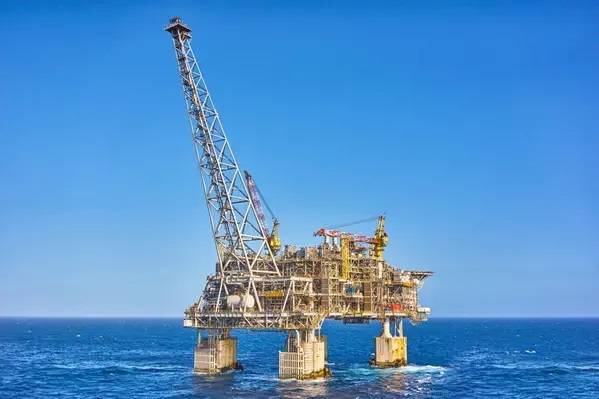
Chevron has asked Australia's Fair Work Commission (FWC) to intervene in its dispute with workers on strike at two major liquefied natural gas facilities, banking on new laws that came into effect in June and which empower the industrial arbitrator to force parties into an agreement they themselves are unable to make.
The tribunal will hold its first, and so far only, hearing on Sept. 22.
Talks between Chevron and the workers' unions broke down last week without a deal, and the industrial action is scheduled to escalate to two weeks of 24-hour stoppages on Thursday.
Here's what we know so far.
CAN THE TRIBUNAL STOP THE STRIKES?
Yes. Chevron has asked the FWC for an "intractable bargaining declaration" which, if granted, would end strikes and allow the tribunal to hammer out an agreement, either by mandating both sides hold further talks or dictating the terms of the deal itself.
HOW COULD THE TRIBUNAL RULE?
The laws have never been used before, and experts say without a precedent, it is difficult to tell how the tribunal will rule.
A subsidiary of airline Virgin Australia was the first company to apply for a ruling in June, but the company and workers struck a last-minute deal before the hearing.
According to the FWC, to issue a ruling the tribunal must be satisfied that:
The parties have previously had help from the FWC to mediate the dispute
There is no reasonable prospect of an agreement
It is reasonable in all circumstances to make the declaration "taking into account the views of all the bargaining representatives".
Steve Purvinas, Federal Secretary of the Australian Licensed Aircraft Engineers’ Association, who represented the union against Virgin in June, said how long Chevron and the unions had spent negotiating the issue would be an important factor.
Purvinas, who is also a lawyer, said in the Virgin dispute, four years of negotiations without a deal had worked against the union's case. Chevron would have to demonstrate a sustained attempt to negotiate with unions for the tribunal to rule in its favour, he added.
"These laws were not designed so companies can just refuse to negotiate and turn around and say we can’t make any headway because of their own action of not negotiating," Purvinas said.
The Offshore Alliance, a coalition of two unions, has previously struck agreements with Inpex, Shell and Woodside at their LNG facilities in Western Australia. Negotiations at Inpex and Shell took just over two years, with 76 days of strikes at Shell.
Shae McCrystal, a professor of labour law at the University of Sydney, said the strikes would not necessarily be seen as evidence of intractability.
Strikes could actually demonstrate workers were so committed to bargaining that they were willing to stop work and forgo wages, she added.
"Strike action is a legitimate form of action, workers have the right to do this," she said.
HOW LONG WILL THE HEARING TAKE?
The tribunal will meet on Sept 22, the only scheduled hearing date, raising the possibility that the matter could be resolved quickly.
A union official who declined to be named as he was not authorized to speak with media said the workers expect a decision in "days not weeks."
McCrystal also said it was reasonable to think the tribunal could make a declaration on the same day because it tends to "try and determine matters as soon as possible".
However, because the ruling will be the first of its kind, the commission might not want to make a hasty decision.
CAN ANYONE APPEAL?
Any party involved can contest a FWC ruling and seek judicial review, Charles Power, partner at law firm Holding Redlich said, although a court would not again hear the facts of the case.
Strikes would remain illegal through the appeal process, said Purvinas. One exception would be if the unions sought interim orders from the federal court to allow them to strike, however, that is unlikely to succeed, he added.
(Reuters - Reporting by Lewis Jackson and Renju Jose in Sydney/Editing by Alasdair Pal and Miral Fahmy)